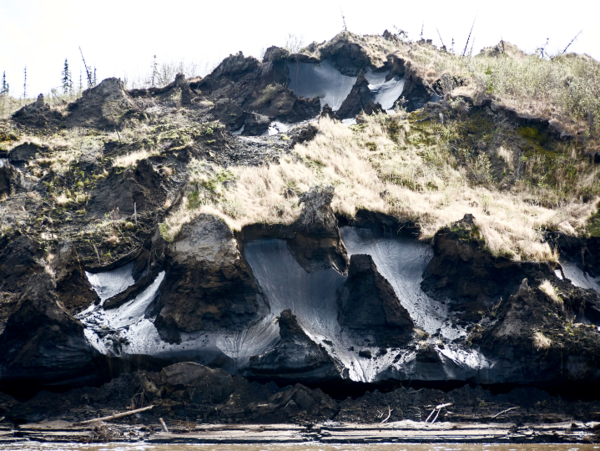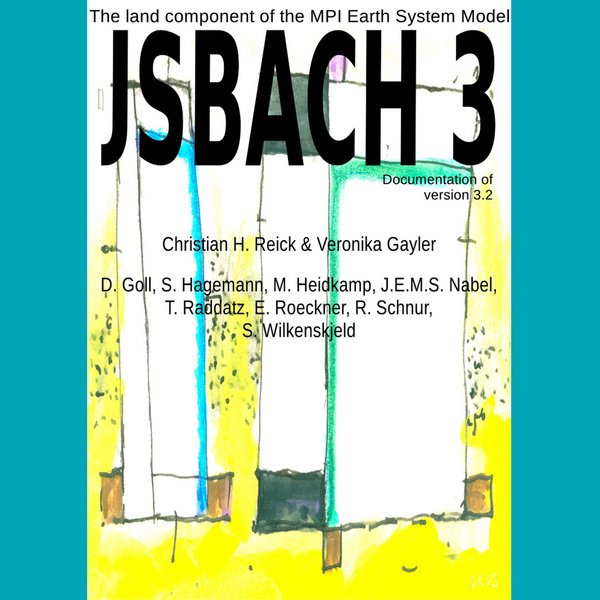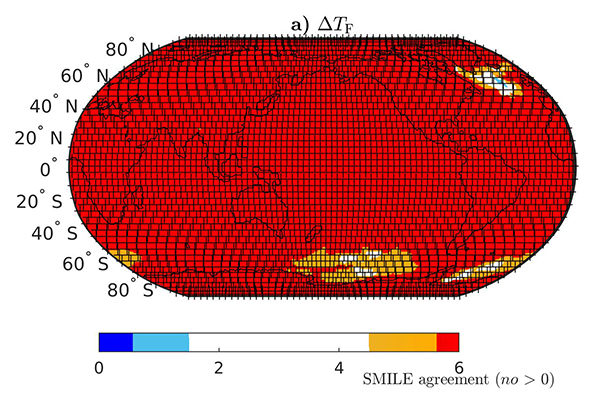
ESM2025: Earth System Models for the future
ESM2025, an ambitious European project on Earth System Modelling, coordinated by Météo France-CNRM, is now official. The project started on 1 June…
One step closer to a new generation of Earth System Models
NextGEMS, an ambitious European project to develop a new generation of Storm-resolving Earth System Models (SR-ESMs), is now official. On May 28,…

FESSTVaL: a field campaign targeted to the detection of small-scale weather phenomena
Like a magnifying glass, FESSTVaL will peer into the internal structure of small-scale weather phenomena, with a particular emphasis on summertime…
![[Translate to English:] [Translate to English:]](/fileadmin/_processed_/f/c/csm_210511_deVrese_eso0603a_65e077b7a9.jpg)
Could the deglaciation of Snowball Earth have started in the mid-latitudes?
A new study, led by scientists of the Max Planck Institute for Meteorology (MPI-M), investigates the question which conditions could have triggered…

Response of high-latitude ecosystems to temperature overshoot scenarios
High-latitude soils contain almost twice as much carbon as the atmosphere, and the fate of this frozen organic matter under ongoing climate change is…
![[Translate to English:] [Translate to English:]](/fileadmin/_processed_/c/0/csm_Bourdin_21042021_ae4ba3aa2a.png)
Relative humidity is key in quantifying Earth’s changing climate sensitivity
In a new paper by Stella Bourdin, Lukas Kluft and Bjorn Stevens the authors found a dependence of climate sensitivity on the given distribution of…

The Gender Equality Plan of the Max Planck Institute for Meteorology: Equal opportunities for MPI-M employees
The Max Planck Institute for Meteorology (MPI-M) has renewed its Gender Equality Plan (GEP) to further facilitate equal opportunities for all genders…

Ozone, air chemistry, Earth-system science, environmental modeling — researcher portrait Guy Brasseur
The recently published book “The Ozone Layer, From Discovery to Recovery” is a fascinating reading from the discovery of ozone in the 19th century…
![[Translate to English:] [Translate to English:]](/fileadmin/_processed_/b/a/csm_COVID_Figure_teaser_150371e1e1.jpg)
Climate response to emissions reductions due to COVID-19: Initial results from CovidMIP
In a new publication in Geophysical Research Letters led by Chris D. Jones from the Met Office Hadley Centre, in Exeter, UK, a group of 49 scientists…

Documentation of JSBACH published
Today, JSBACH is the land component of the two Earth System models at the Max Planck Institute for Meteorology (MPI-M), MPI-ESM and ICON-ESM. Work on…

Climate effect of trade-wind clouds – bridging the gap between hectometer and kilometer simulations
In a new study Jule Radtke, Dr Cathy Hohenegger and Prof Thorsten Mauritsen have investigated the representation and climate feedback of trade-wind…

More accurate quantification of model-to-model agreement
In a new study scientists Dr Nicola Maher and Prof Jochem Marotzke from the Max Planck Institute for Meteorology (MPI-M) in collaboration with Prof…
